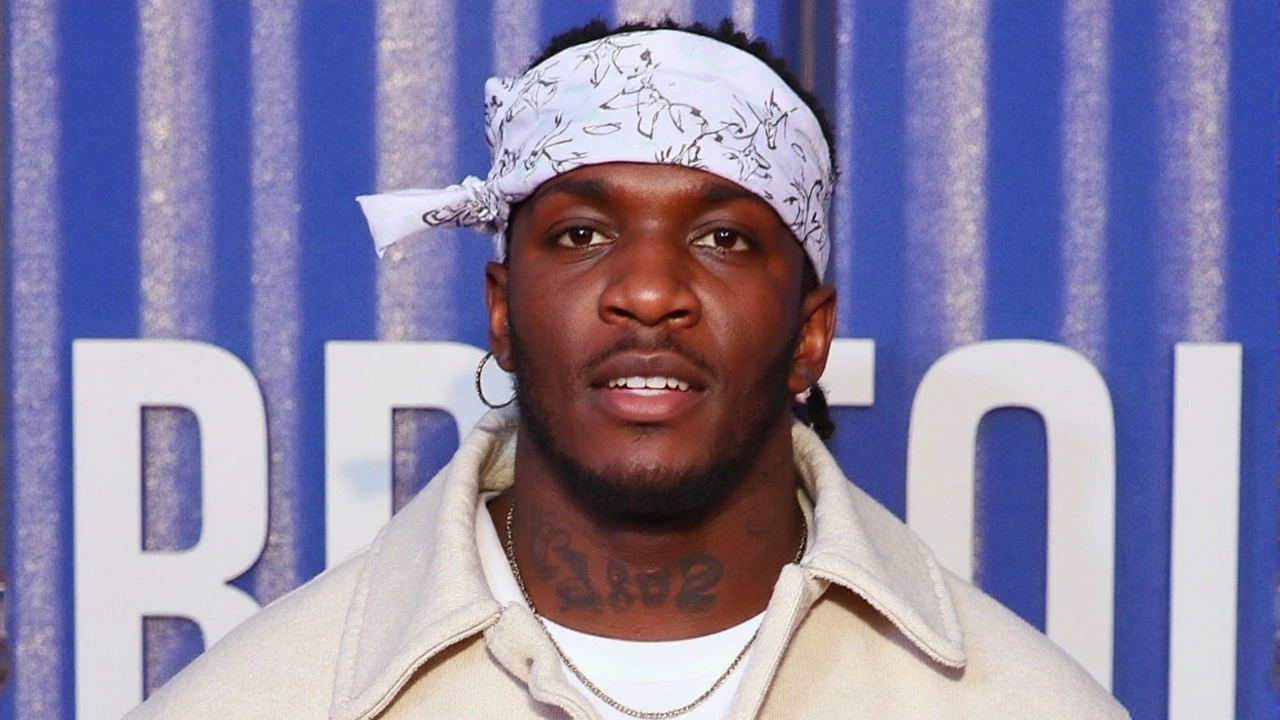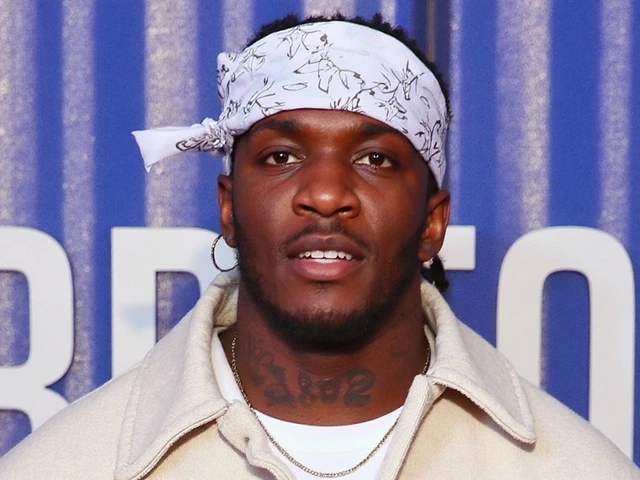Simon Cowell: From Music Exec to TV Icon
If you’ve ever watched a talent show and heard a sharp comment about a singer’s pitch, chances are it was Simon Cowell. The man turned a few record‑label gigs into a global TV empire, and his style is as recognizable as his judge’s chair.
From Music Executive to TV Star
Simon started in the late 1970s as a low‑level mailroom clerk at Polygram. Within a few years he was scouting new acts, signing the likes of the Spice Girls and Westlife. Those early successes gave him the cash and confidence to launch his own label, Sony BMG, where he kept hunting fresh talent.
His break into television came when he was asked to help shape a new reality competition. Pop Idol in the UK was the first test, and it proved that Simon’s blunt feedback could draw massive audiences. The format crossed the Atlantic, morphing into American Idol, where his reputation for honesty (or what some call cruelty) became a selling point.
After Idol, Simon launched Britain’s Got Talent and America’s Got Talent. Both shows added a variety twist, letting singers, dancers, magicians, and oddball acts compete. The “Golden Buzzer” moment—where Simon can instantly send a contestant to the live shows—has become a viral highlight in every season.
Why Simon Still Shapes Talent Shows
Simon’s influence isn’t just about the drama. He knows how to spot marketable talent, turn a performer into a brand, and then sell that brand worldwide. His record label arm, Syco, still signs winners and runners‑up, turning TV fame into album sales, tours, and merchandise.
He also keeps the shows fresh. By adding new judges, rotating hosts, and tweaking the formats, Simon ensures that each season feels different enough to keep viewers tuned in. This knack for evolution is why his shows consistently rank among the most‑watched reality programs.
Fans love the mix of honesty and opportunity. A Simon Cowell critique can be brutal, but it’s also a fast‑track to improvement. Contestants who survive his remarks often emerge stronger, and audiences feel a sense of victory watching underdogs rise.
Beyond TV, Simon’s name is a brand with its own merchandise, mobile apps, and even a podcast series where he talks about the music business. The diversification means his influence reaches people who never sit down for a talent show.
In short, Simon Cowell turned a sharp tongue into a global empire. He found a sweet spot between critiquing talent and creating stars, and he’s still tweaking the formula today. Whether you love him or loathe him, there’s no denying he changed how we discover and celebrate new artists.
 6 September 2025
6 September 2025
KSI joins Britain’s Got Talent as full-time judge for Series 19
KSI is joining Britain’s Got Talent as a full-time judge for Series 19, stepping in for Bruno Tonioli, who is returning to Dancing with the Stars. After a well-received guest stint in Series 18—where his golden buzzer act Harry Moulding won—KSI will sit alongside Simon Cowell, Amanda Holden, and Alesha Dixon. ITV cites strong youth appeal as BGT’s digital audience keeps growing.
Latest Posts
-

Is Finn McMissile an Aston Martin DB5?
-

Super Speedsters?
-

KSI joins Britain’s Got Talent as full-time judge for Series 19
-

Polar Vortex Disruption Triggers Early December Cold Snaps Across U.S. as Stratospheric Warming Peaks
-

Newcastle United Stun Manchester City 2-1 as Harvey Barnes Delivers Brace at St James' Park
0